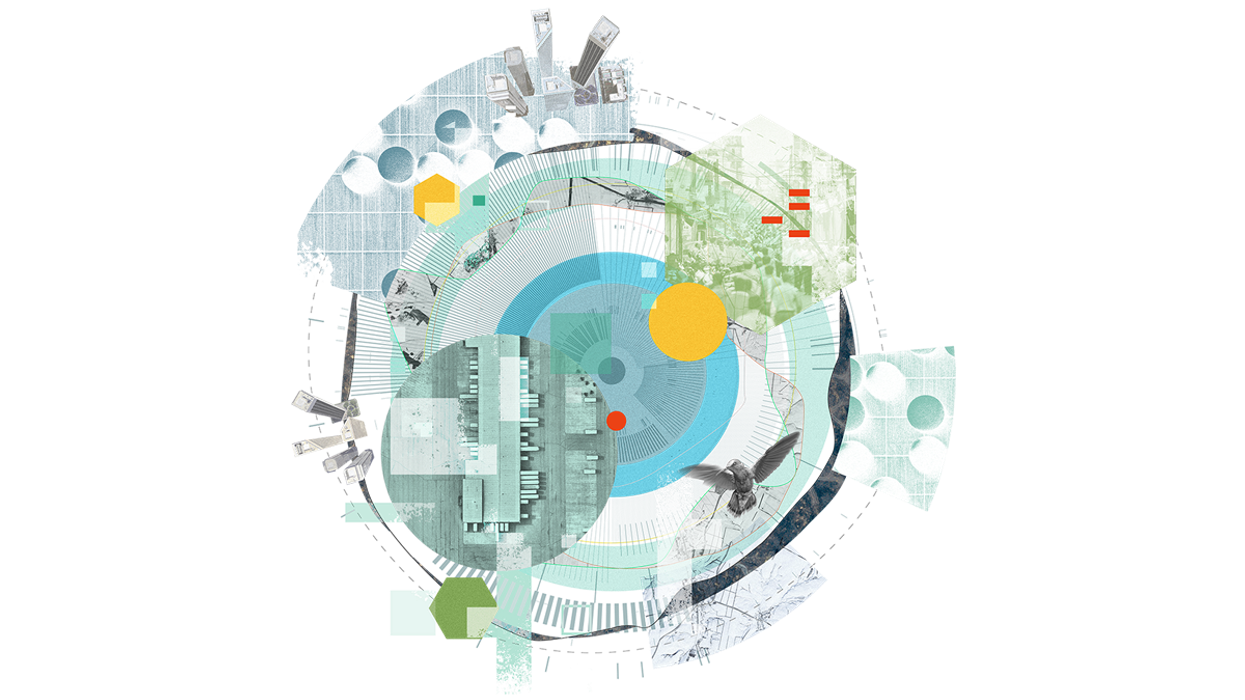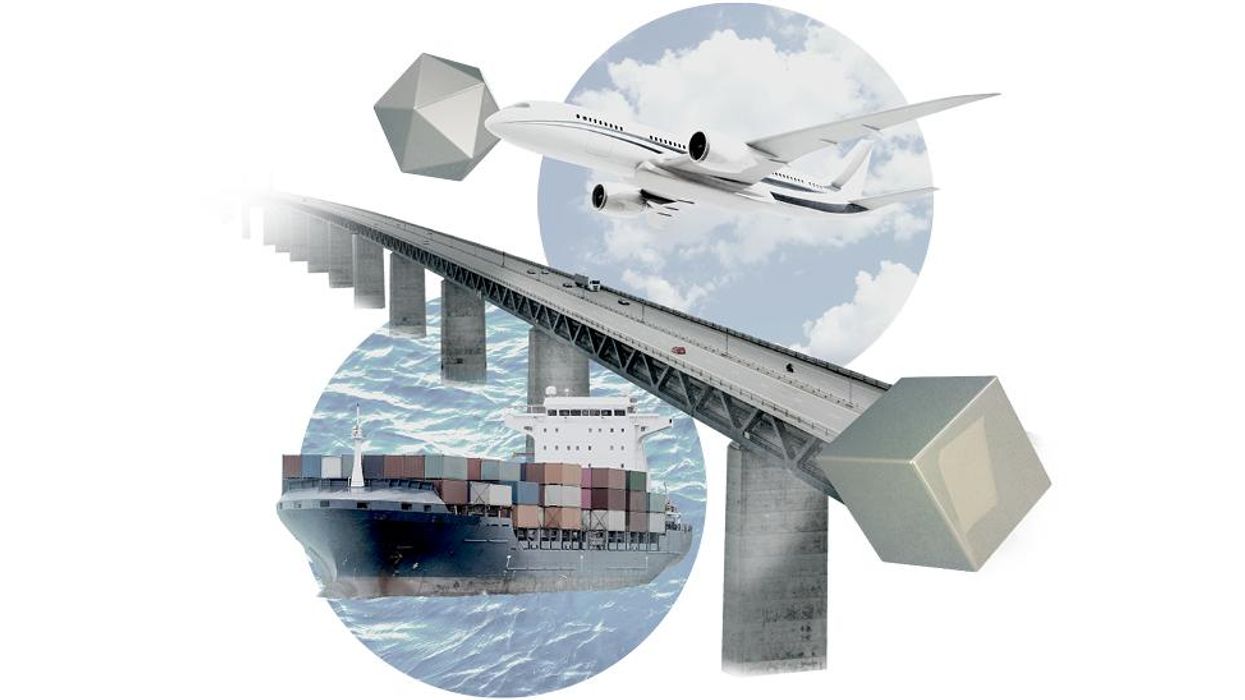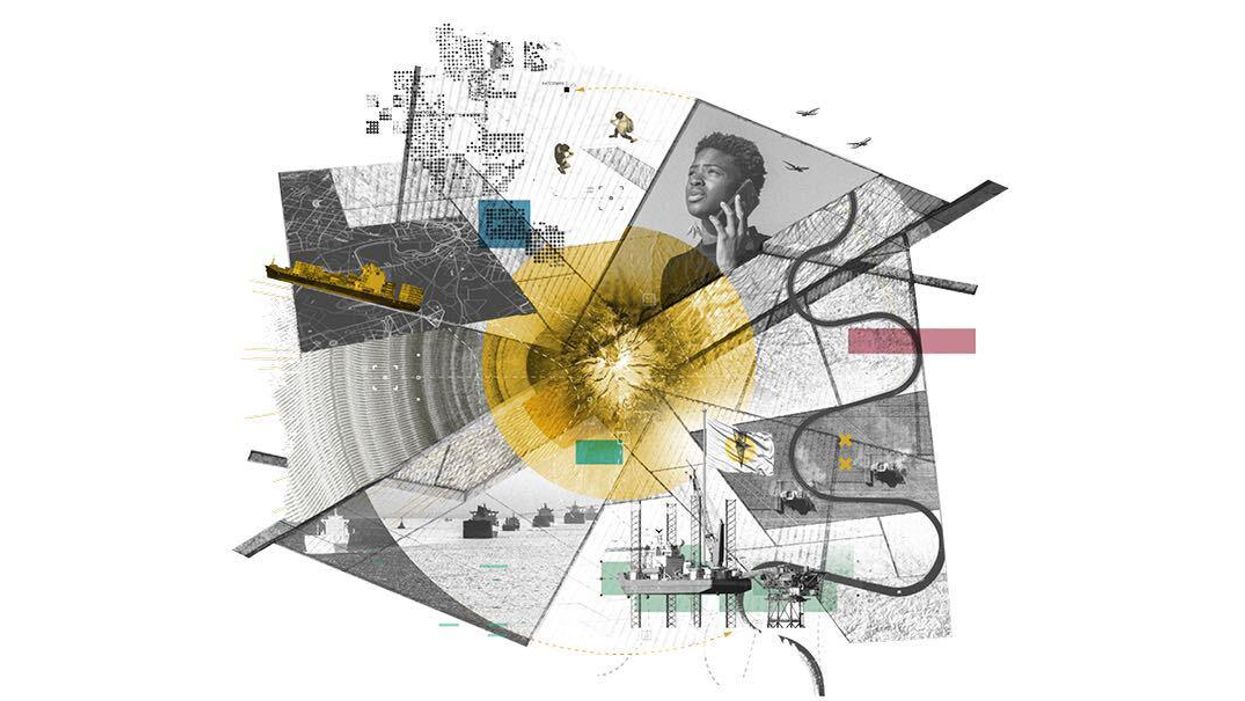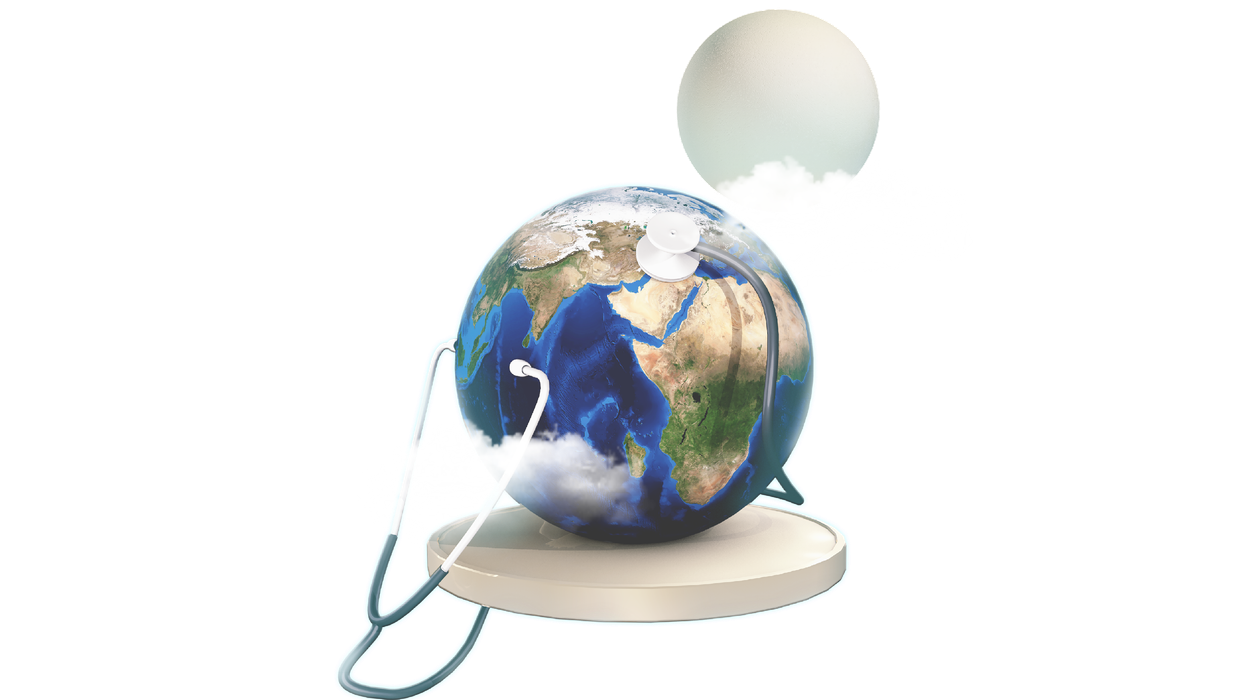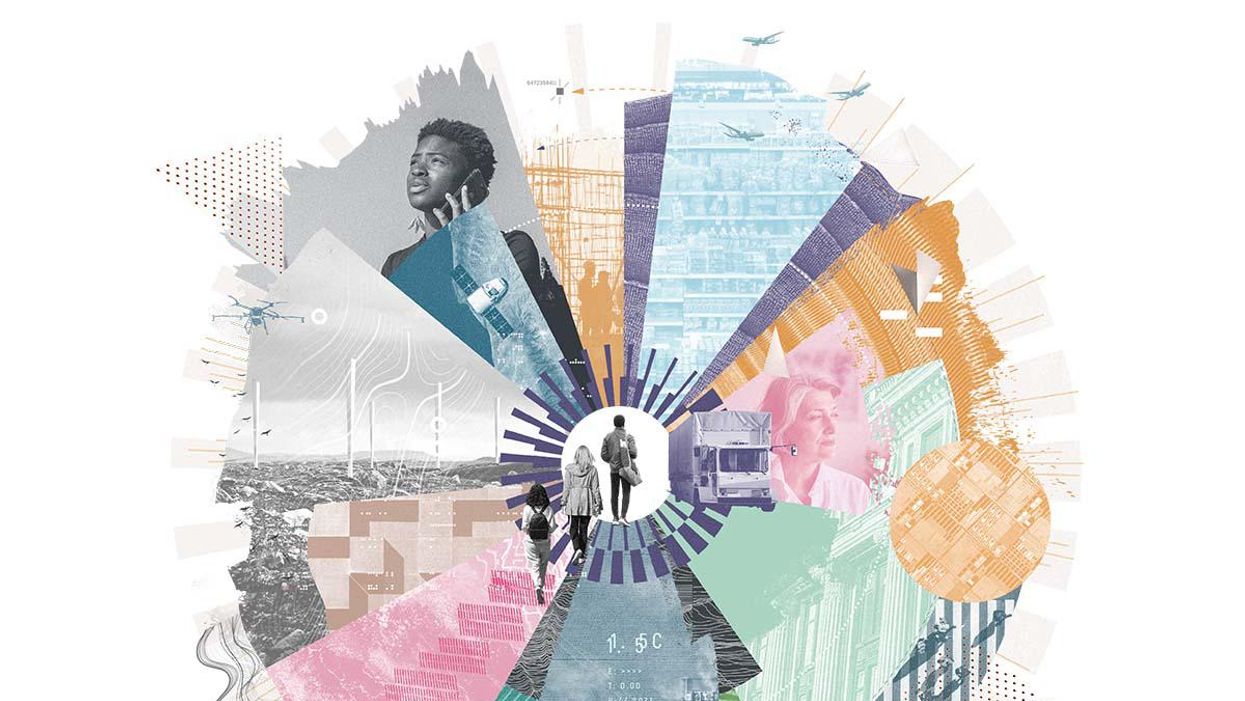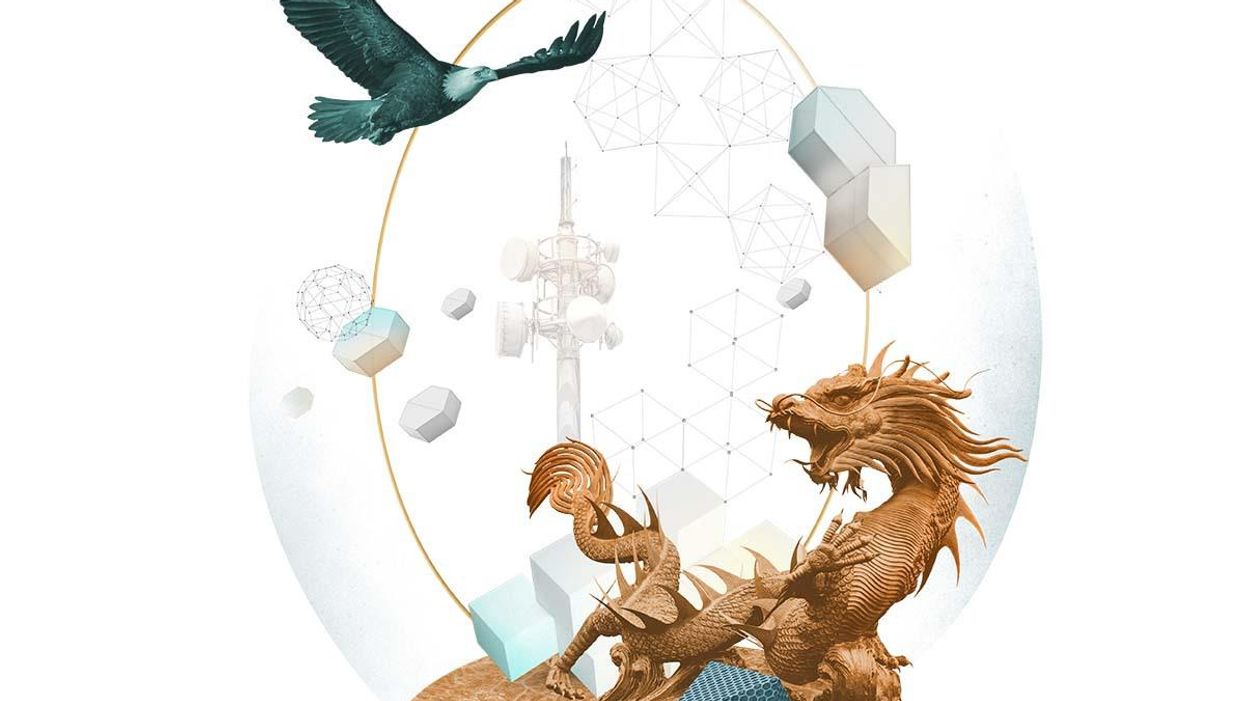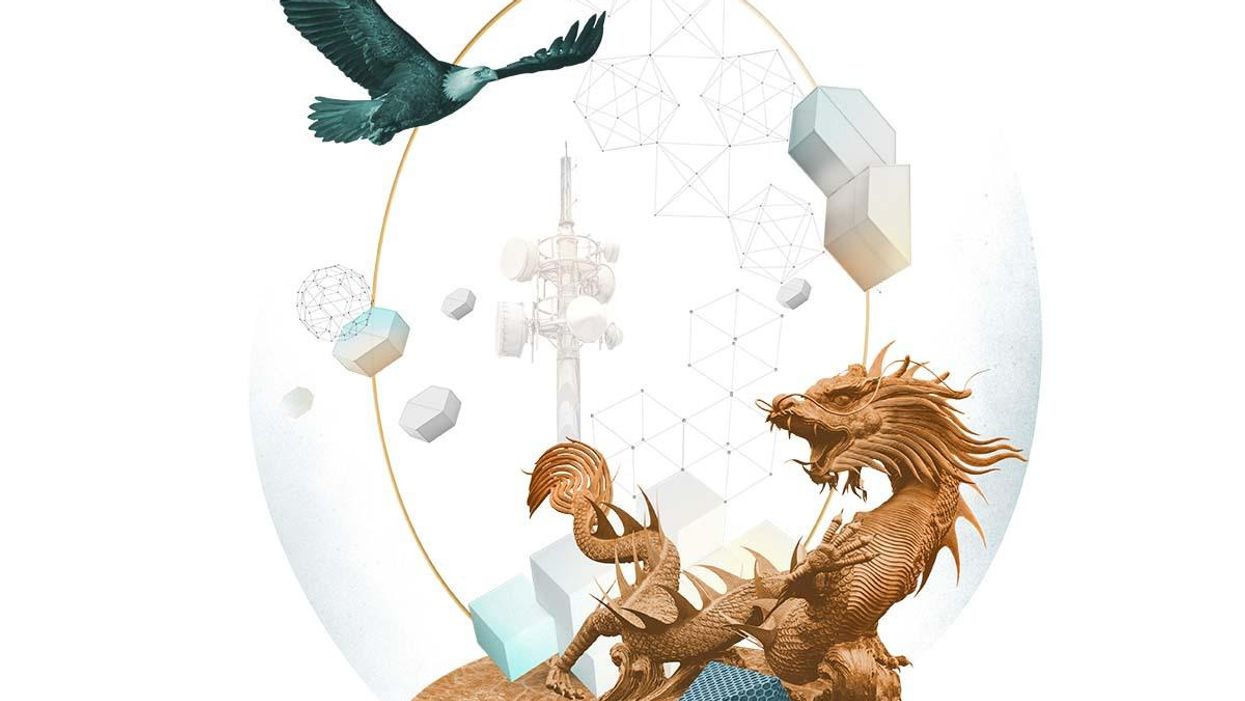Living Beyond Borders Podcasts
Episode 9: What's next in 2023?
"We are coming out of a period of uncertainty," says David Bailin, Chief Investment Officer at Citi Global Wealth. In the latest Living Beyond Borders podcast, Bailin and Ian Bremmer discuss what we might look forward to in the back half of the year and into 2024.
Jun 29, 2023



